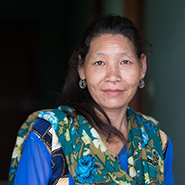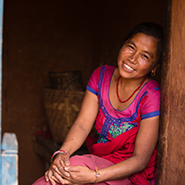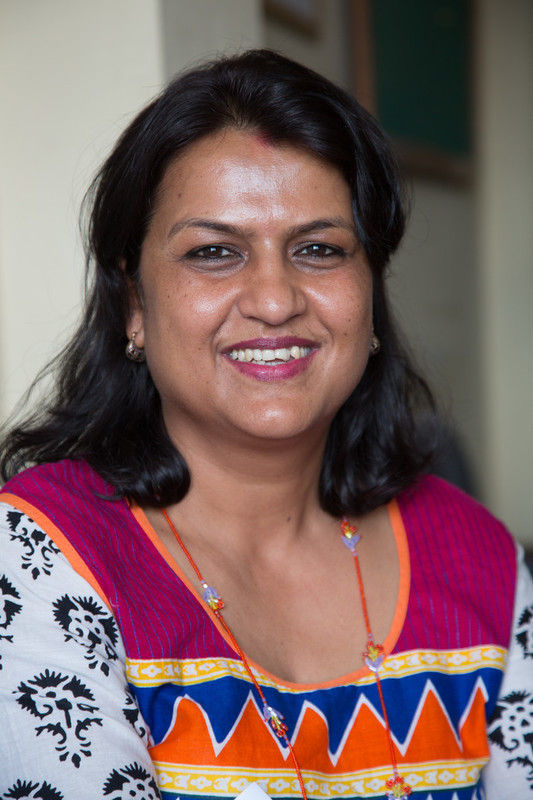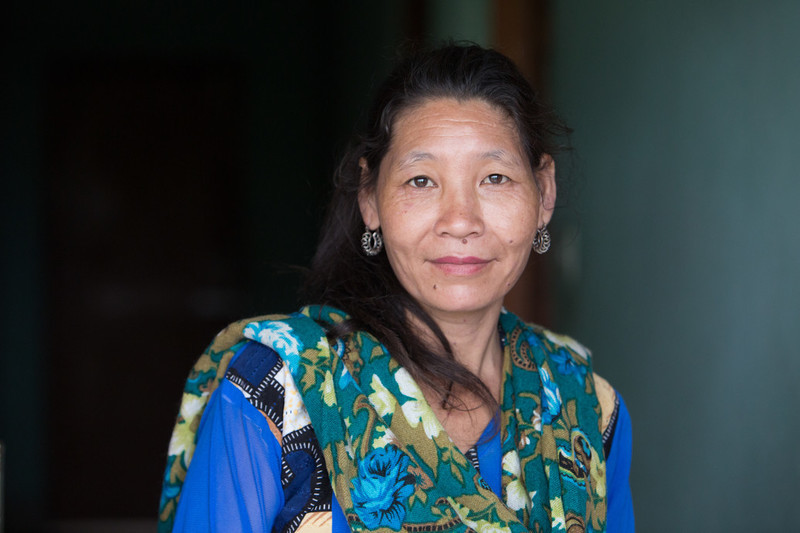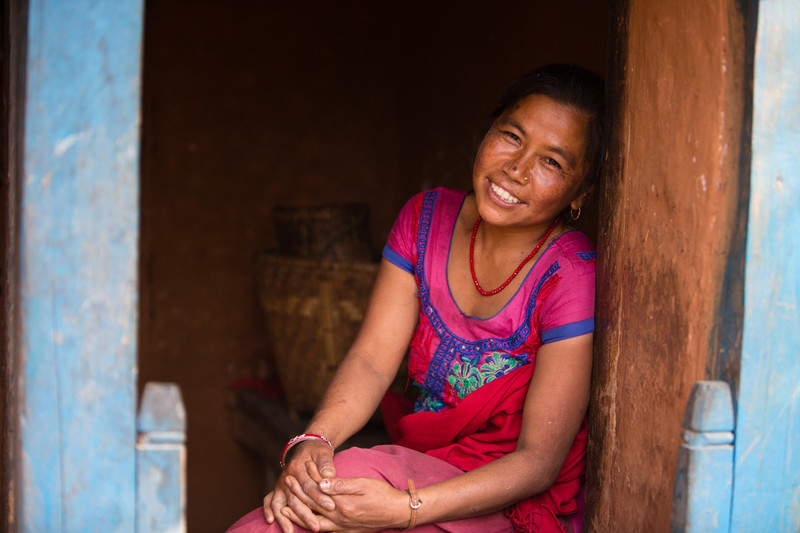Lakshmi Kunwar married young, at the age of 17. Shortly afterwards, Lakshmi’s husband, who worked as a migrant labourer in India, was diagnosed with HIV and died.
“At that time, I was completely unaware of HIV,” Lakshmi says. “My husband had information that if someone is diagnosed with HIV, they will die very soon. So after he was diagnosed, he didn’t eat anything and he became very ill and after six months he died. He gave up.”
Lakshmi contracted HIV too, and the early years of living with it were arduous. “It was a huge burden,” she says. “I didn’t want to eat anything so I ate very little. My weight at the time was 44 kilograms. I had different infections in my skin and allergies in her body. It was really a difficult time for me. … I was just waiting for my death. I got support from my home and in-laws but my neighbours started to discriminate against me – like they said HIV may transfer via different insects and parasites like lice.”
Dedicating her life to help others
Lakshmi’s life began to improve when she came across an organisation in Palpa that offered support to people living with HIV (PLHIV). “They told me that there is medicine for PLHIV which will prolong our lives,” she explains. “They took me to Kathmandu, where I got training and information on HIV and I started taking ARVs [antiretroviral drugs].”
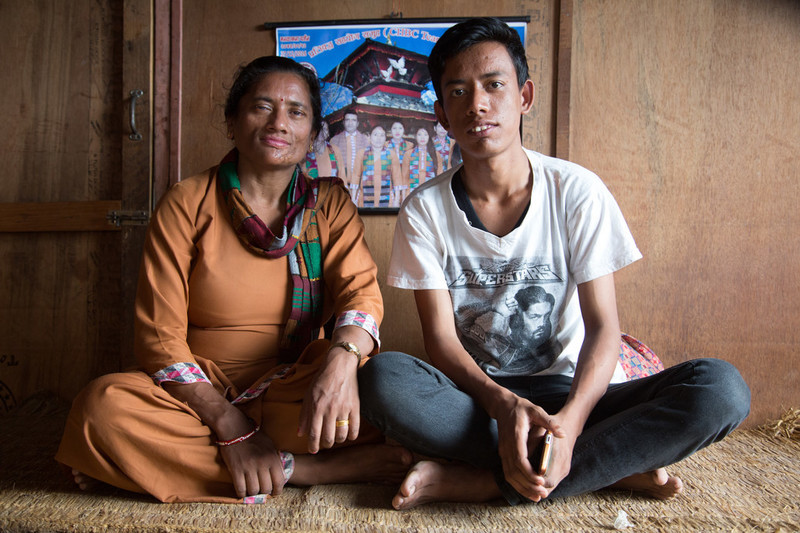
In Kathmandu Lakshmi decided that she would dedicate the rest of her life to supporting people living with HIV. “I made a plan that I would come back home [to Palpa], disclose my status and then do social work with other people living with HIV, so that they too may have hope to live. I said to myself: I will live and I will let others living with HIV live”.
Stories
Read more stories about our work with people living with HIV
when
country
Nepal
Subject
HIV and STIs
Related Member Association
Family Planning Association of Nepal









